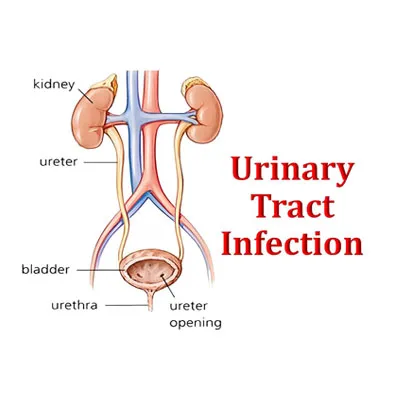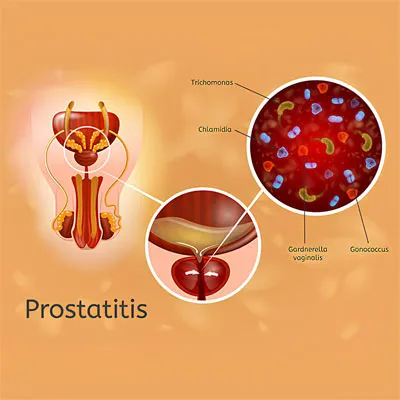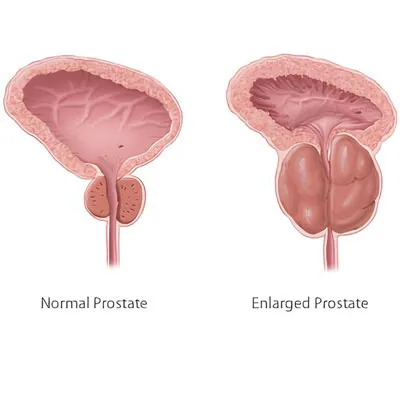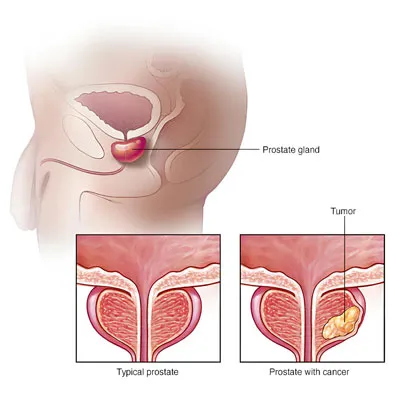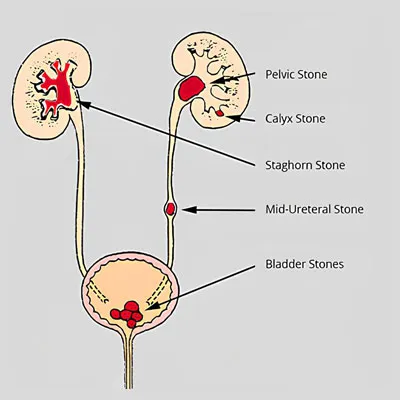Medical management
Medical Management in Urology
Medical management in urology involves the non-surgical treatment of urinary and reproductive system disorders through medications, lifestyle modifications, and other non-invasive therapies. This approach is used for a variety of conditions, including benign prostatic hyperplasia (BPH), overactive bladder, urinary tract infections, kidney stones, erectile dysfunction, and certain types of incontinence. Medical management focuses on controlling symptoms, preventing disease progression, and improving patients' quality of life without the need for surgery.
Treatments often include a combination of prescription medications, such as alpha-blockers, anticholinergics, or antibiotics, along with dietary and behavioral changes. The goal of medical management is to provide effective relief and control of urological conditions while minimizing side effects and enhancing patient comfort. By tailoring treatment plans to individual needs, medical management offers a comprehensive approach to managing urological health. This method plays a critical role in helping patients maintain their urinary and reproductive health through less invasive means, promoting long-term well-being.

